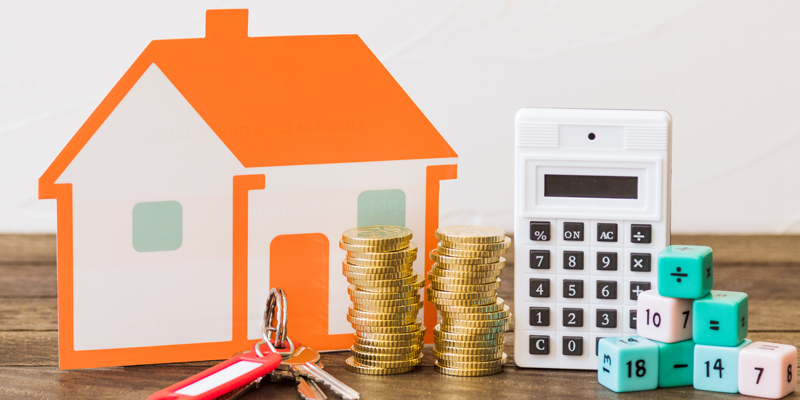As housing prices steadily increase, many potential buyers are finding themselves grappling with a tighter market. It’s not just the sticker price that matters when home prices go up—it’s how these rising costs impact your ability to purchase, as well as your long-term financial health. For anyone looking to buy a home in today’s market, it’s crucial to understand how higher home prices affect every part of the process, from initial costs to ongoing expenses.
How Rising Home Prices Affect Your Budget
When home prices rise, you’ll likely need a larger budget to buy a property that fits your needs. This doesn’t just mean a higher purchase price but also larger mortgage payments, which can stretch your monthly finances. Additionally, when housing costs increase, it can lead to more competition, pushing you to either expand your budget or compromise on certain features of your ideal home.
For many, the choice becomes about balancing personal financial goals with market realities. Buyers who might be priced out of their preferred neighborhoods may need to consider other areas or properties that better fit their budget. These decisions are important because buying a home isn’t just a short-term financial commitment—it’s an investment that will impact your financial future.
Flexible Financing Options for Buying a Home
To navigate rising home prices, one option is to explore flexible financing solutions. For example, adjustable-rate mortgages (ARMs) typically offer lower interest rates at the beginning of the loan term compared to fixed-rate mortgages. This can help reduce your initial monthly payments, which is useful if you plan to sell the home or refinance before the interest rate adjusts. However, ARMs come with some risk, so it’s important to assess whether this option fits your long-term plans.
Additionally, buyers should consider programs designed to help with upfront costs. Down payment assistance programs can lower the financial barrier of entry, making it easier to secure a home even in a high-cost market. These programs are especially helpful for first-time buyers or those who are struggling to save for a traditional down payment.
What to Consider Beyond the Home’s Purchase Price
While the price of the home is the most obvious factor, it’s far from the only one. Property taxes, homeowner’s insurance, and maintenance expenses can significantly affect the total cost of owning a home. Many buyers focus solely on the purchase price, but it’s essential to consider the full scope of expenses to get a clear picture of what you can truly afford.
Rising home prices also tend to increase property tax assessments, so it’s important to factor in potential changes in taxes over time. You’ll also want to budget for regular maintenance, especially if you’re buying an older home that might need repairs.
Balancing Rising Home Prices with Long-Term Financial Goals
When you’re in the process of buying a home, it’s easy to get caught up in the immediate challenges posed by rising prices. But it’s equally important to consider how these decisions will impact your long-term financial stability. A higher mortgage payment may be manageable now, but how will it affect your ability to save for retirement or other financial goals?
Being strategic with your finances and fully understanding how the costs of homeownership stack up over time can help you make a better decision. While market conditions can change, it’s essential to approach the homebuying process with a balance between the current real estate landscape and your personal financial plans.
Managing Rising Home Prices to Achieve Homeownership
Rising home prices can feel like a hurdle, but with the right approach, you can still find opportunities in today’s market. By exploring flexible financing options, considering all associated costs, and keeping an eye on your long-term goals, you can make informed decisions that align with both your current needs and future financial well-being. Homeownership is a significant investment, and understanding how to navigate the market will help you secure a property without sacrificing your overall financial health.
